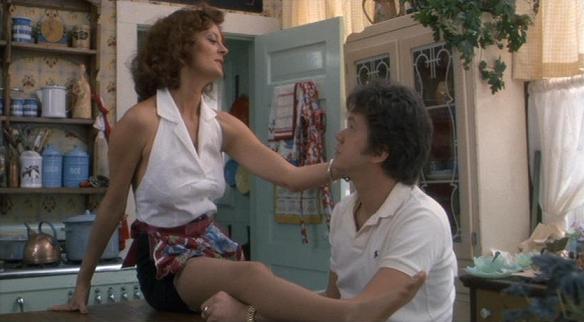
 |
| Photo © 1988 Orion Pictures/The Mount Company |
| Academy Award Nominations: | |
| Best Original Screenplay: Ron Shelton | |
| Golden Globe Nominations: | |
| Best Actress (Musical/Comedy): Susan Sarandon | |
| Best Original Song: "When a Woman Loves a Man" | |
| Other Awards: | |
| Writers Guild of America: Best Original Screenplay | |
| New York Film Critics Circle: Best Screenplay | |
| Los Angeles Film Critics Association: Best Screenplay | |
| National Society of Film Critics: Best Screenplay | |
| Boston Society of Film Critics: Best Picture; Best Screenplay | |
| Permalink | Home | 1988 | ABC | Blog |